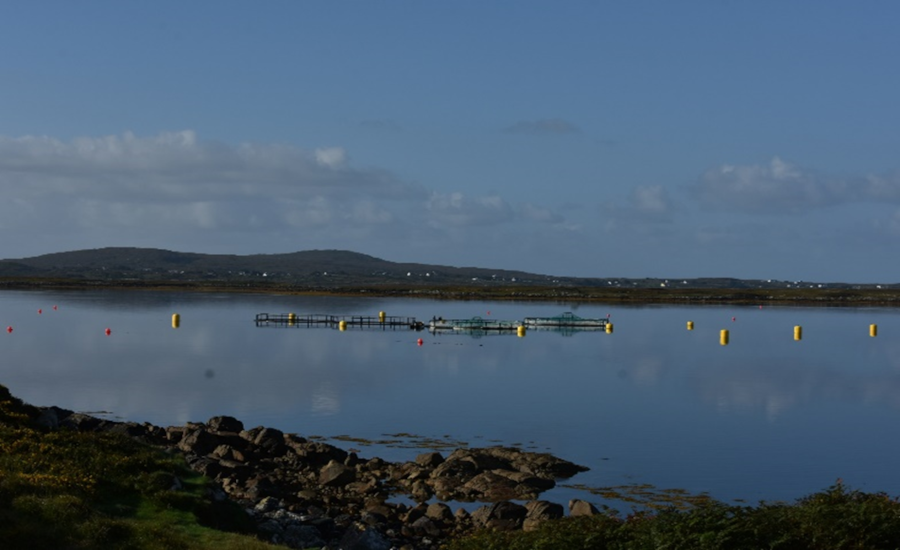Going feral: the evolutionary ecology of reverse domestication in an iconic fish species

Humans are a major agent shaping the genomes and traits of domesticated, wild and feral animals and plants. When domesticated captive individuals are released or escape into the wild, they can interbreed with free-living individuals or establish self-sustaining feral populations in vacant habitats, but very little is known about the eco-evolutionary mechanisms involved in this feralisation (“reverse domestication”) process. This project tackles these big questions in an excellent model system, Atlantic salmon (Salmo salar) – a
culturally, economically and ecologically important species experiencing widespread population decline in the wild and reared in captivity for food or stocking/ranching programmes. A range of genomic approaches will be used to test and evaluate potential molecular mechanisms involved in feralisation and (reverse) domestication. Project findings will generate novel insights into ecological and evolutionary processes driving intraspecific diversity in the Anthropocene, and thereby inform biodiversity policy and wildlife management.